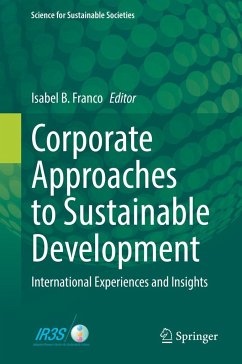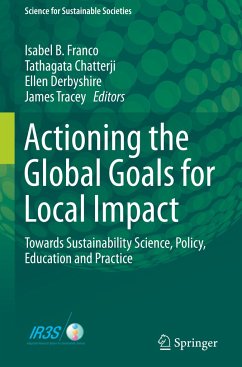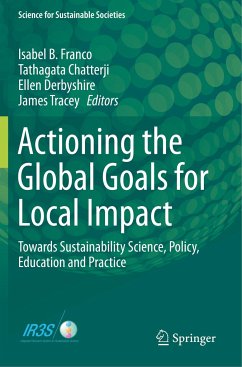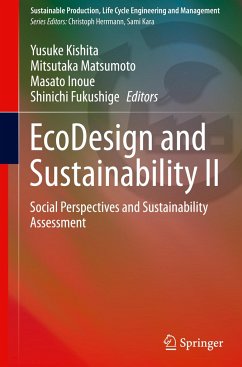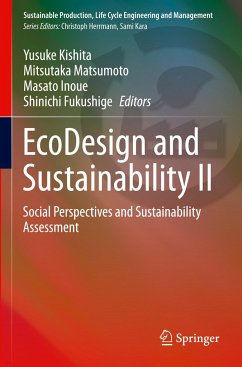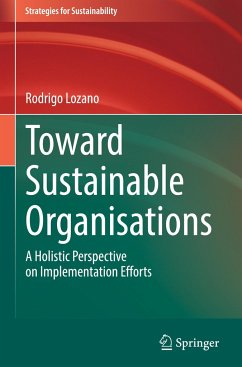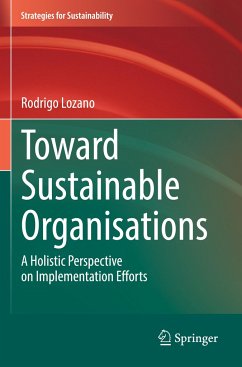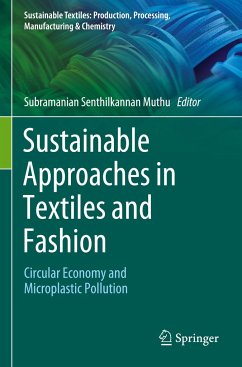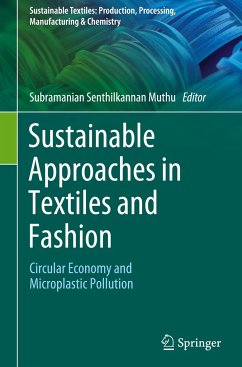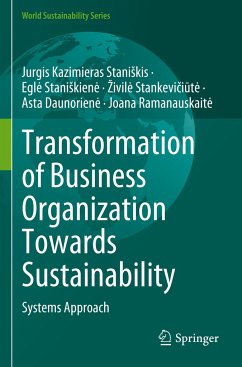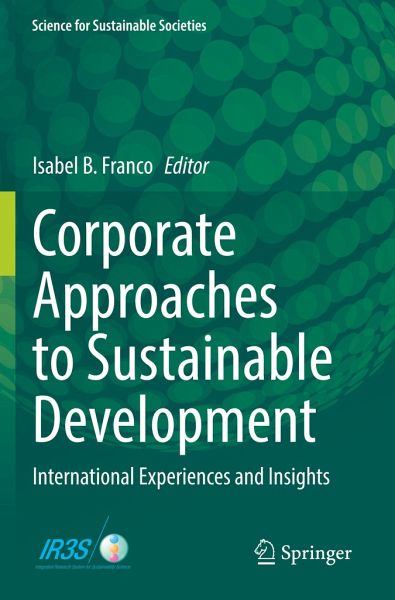
Corporate Approaches to Sustainable Development
International Experiences and Insights
Herausgegeben: Franco, Isabel B.
Versandkostenfrei!
Versandfertig in 6-10 Tagen
83,99 €
inkl. MwSt.

PAYBACK Punkte
42 °P sammeln!
This book aims to answer the question: how can the industry action international approaches to corporate sustainability, ultimately achieving sustainable development and overall sustainability? With this question in mind, this manuscript examines how the industry, through existing approaches to corporate sustainability, contribute to addressing conflicting demands emerging from the achievement of sustainable development in a responsible, sustainable and innovative manner. It also reviews alternative models of corporate sustainability that contribute to achieving inclusive, sustainable developm...
This book aims to answer the question: how can the industry action international approaches to corporate sustainability, ultimately achieving sustainable development and overall sustainability? With this question in mind, this manuscript examines how the industry, through existing approaches to corporate sustainability, contribute to addressing conflicting demands emerging from the achievement of sustainable development in a responsible, sustainable and innovative manner. It also reviews alternative models of corporate sustainability that contribute to achieving inclusive, sustainable development globally. Chapters 2 to 4 discuss emerging approaches to corporate sustainability. Chapters 5 to 11 examine the role that the extractive industry (mining and oil) could play in the delivery of sustainable solutions for the communities and environment in selected cases, in the Americas and Africa. Lastly, the manuscript showcases international corporate sustainability and climate change practices in the forestry, agriculture, tourism and manufacturing industries within the context of Asia and The Pacific region, particularly, Nepal and Bangladesh.





